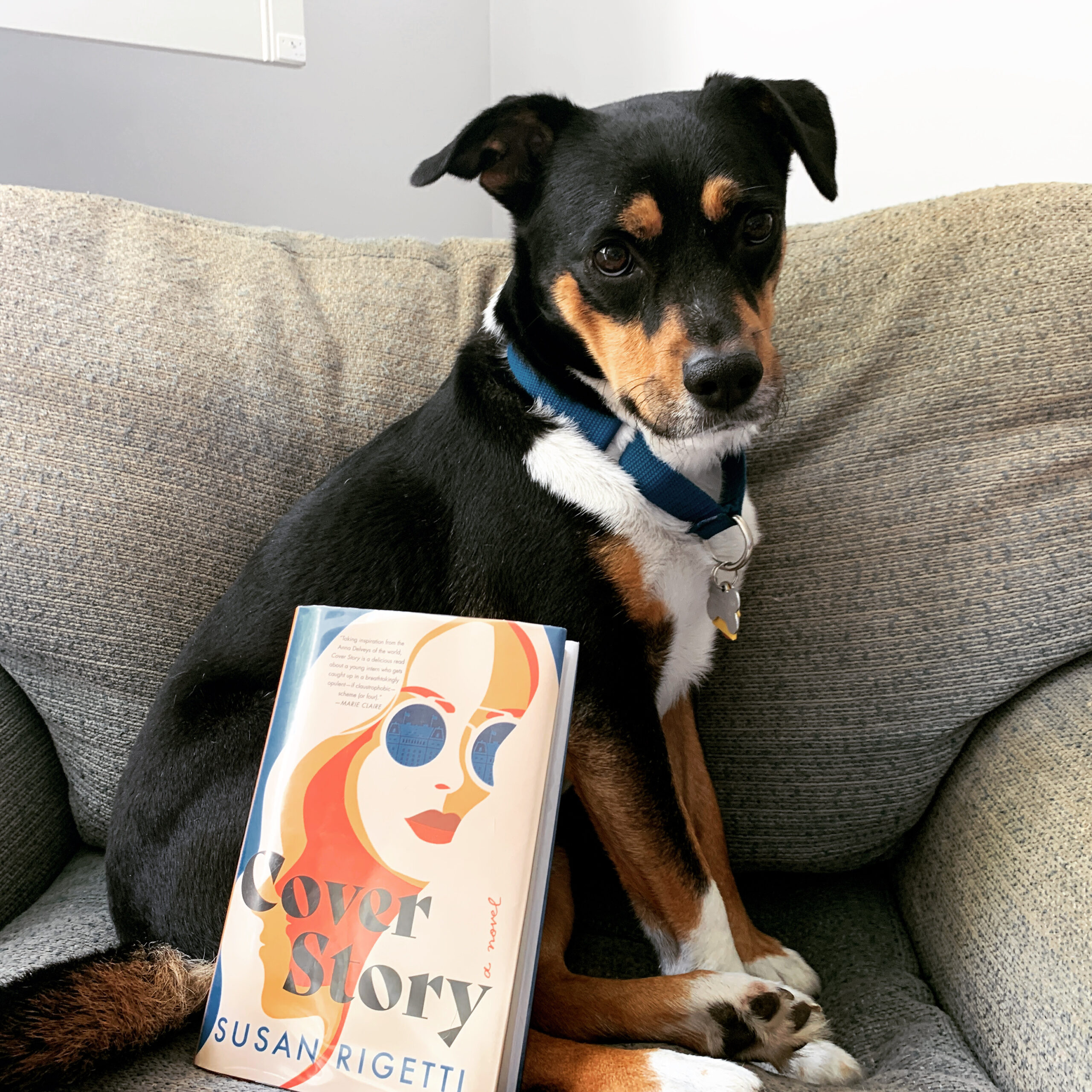 This post is aimed at my male readers, assuming that there are any of you left. (I know that some of you are getting tired of the female protagonists). And for the rest of you, if these are too guy-book-y for you, then maybe one of them would make a good gift for someone on your holiday shopping list.
This post is aimed at my male readers, assuming that there are any of you left. (I know that some of you are getting tired of the female protagonists). And for the rest of you, if these are too guy-book-y for you, then maybe one of them would make a good gift for someone on your holiday shopping list.
In its December 2007 issue, Esquire chose 5 modern books that "every man should read." Here are the five they picked:
1. Grey Area, by Will Self. According to Esquire, "Self is always witty, but never more so than in these stories of corporate charlatans and sham artists." Amazon says:
The latest collection of short stories by Will Self explores a world so saturated with sensory stimulation its inhabitants are immune to it. In the minds of his characters, vastly complicated interior worlds and conspiracies are formed as protection against the monotony and emptiness of life. In the title story, a stenographer works for a company whose policy is to consume its own products, leading to the spiritual consumption of everyone who works for it. For Self’s characters, reality is a virtual reality, imagined into existence as relief from the vapidity of themselves.
2. The Mezzanine, by Nicholson Baker. Esquire says: "It’s just a guy tying his shoe. It’s also the funniest and most complete moment of consciousness in recent American letters." (Unless a book is actually an epistolary novel, I think the use of "letters," such as in the previous sentence, is pretentious). The Book Report Blog says:
Who would have thought that a 133-page book that seems to be about a trip up an escalator could be so engaging? The unique and engaging aspect of Baker’s novel is the attention his protagonist (he does have a name, but it is only mentioned once and is not important to the book) pays to the minutae of life – the effects of shoelace wear, the sound a button makes as it is fastened, the contagious nature of whistling. The whole book is one long tangent, filled with footnotes and observations that are all interrelated. Baker has taken the time to detail thoughts that most of us have probably had from time to time.
3. Winter’s Tale, by Mark Helprin. Esquire says: "A story about a house burglar who falls in love with one of his victims, written in regal and lucid sentences you might never forget." This book received multiple votes in The New York Times‘ 2006 list of the top 5 fiction books of the last 25 years. Erik Emery blog says:
The book is … wild. It starts in the 1890s or early 1900s and then leaps 100 years forward to 1999. Many characters from the first part come back. A flying white horse runs to the rescue. And the scenery, the imagination, and the joy of discovery are on every page.
It’s a fantasy novel, but I cringe to write it that way. It’s a fantasy novel, but that’s like accusing Dickens of writing fantasy because he had ghosts in A Christmas Carol. It’s got some magic and wonder, but shame on the book that doesn’t. …
And it is good. It is weird, too, as you might expect from what I’ve said so far. Even reading it, and being prepared for it, you’re going to be left head-scratching a few times at some truly surprising turns. But it will stick with me for a long while.
4. Self Help, by Lorrie Moore. Esquire says: "Funny short stories abou love and death that should make you forget Raymond Carver once and for all. The Powell’s site says:
In nine captivating stories, the author of Who Will Run the Frog Hospital? probes the pleasures and pains of modern relationships, offering poignant yet wickedly funny advice on "How to Be an Other Woman", "How to Talk to Your Mother (Notes)", and for surviving other modern crises of loss and love.
5. Plainsong, by Kent Haruf. Esquire says: "A novel of a forgotten town, with perfectly plain descrptions of sky and a profound understanding of the imperfect humanity beneath it." Here’s what the Dog Ear Diary blog had to say about Plainsong:
This is a quietly elegant portrait of a farming community in Holt, Colorado. It focuses on half a dozen characters: a high school history teacher whose depressed wife leaves him to raise two young boys alone, a shy teenage girl who becomes pregnant and decides to run away from home, and two crusty bachelor brothers who run a farm together. Another teacher in the same school becomes the catylist for all these characters’ solitary lives to become intertwined and connected. This book is full of guilt and pain, quiet passion and deeply felt compassion. It is a wonderful portrayal of how people’s lives touch one another- for good more than ill.












About Me
I have been blogging about books here at Everyday I Write the Book since 2006. I love to read, and I love to talk about books and what other people are reading.